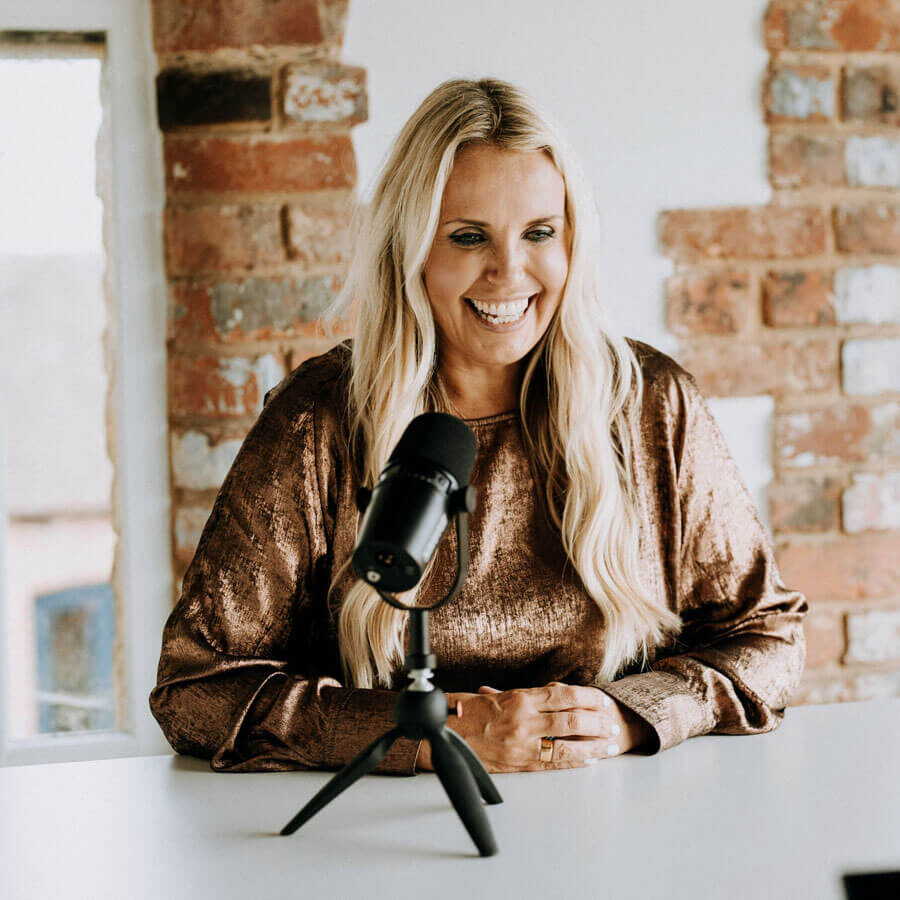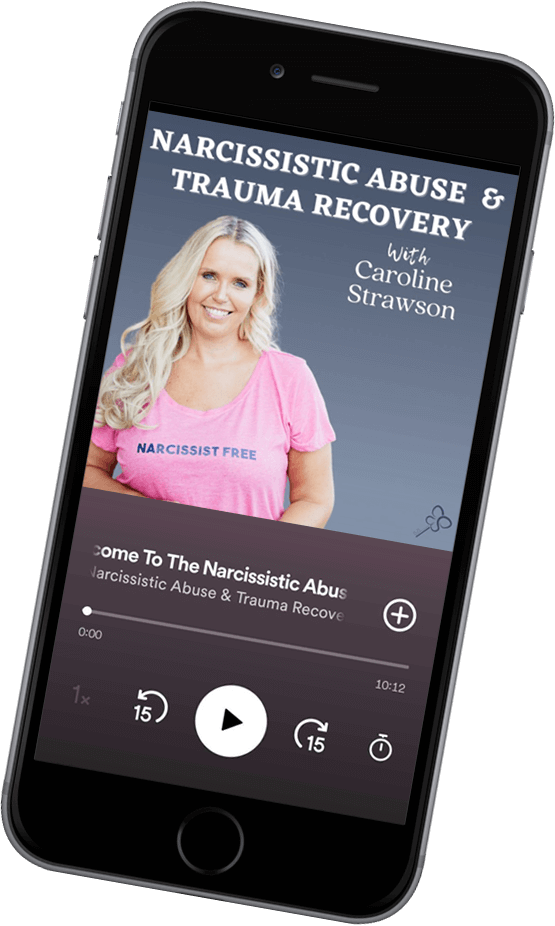Join Me As I Bring All Of My Knowledge, Expertise And Lived Experiences As An Award-Winning Somatic Trauma Informed Therapist & Coach, And As A Woman, To Discover How You Can Thrive After The Devastating Effects Of Trauma Through Narcissistic Abuse.
Join Me As I Bring All Of My Knowledge, Expertise And Lived Experiences As An Award-Winning Somatic Trauma Informed Therapist & Coach, And As A Woman, To Discover How You Can Thrive After The Devastating Effects Of Trauma Through Narcissistic Abuse.

AS SEEN IN:
From post traumatic stress to post traumatic growth, together.
As Founder of The Narcissistic Abuse & Trauma Recovery Programme, I'm on a mission to help as many women as possible, so fewer and fewer people have to feel the way I did for as long as I did, and that's how this Podcast was born.
Because when we heal ourselves, the ripple effect of change is felt by all, and we heal the next generations to come too.
Designed to provide support, education and awareness around self healing, gaslighting, complex PTSD, codependency and surviving narcissistic abuse this is a place where we understand the anger, toxicity and guilt you feel through the behaviours of a narcissist and this podcast is designed to help take you from trauma to transformation.
discover your way
ready to discover your way to heal?
Whoever you are, whatever walk of life you're from, and whatever you have experienced, there is always a chance to heal your unseen wounds. If you would like to find out more about how I can support you to discover deeper connection, joy, and happiness and live your life the way you truly want to live it.






